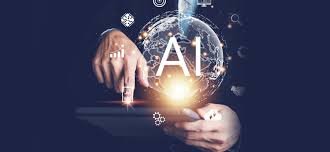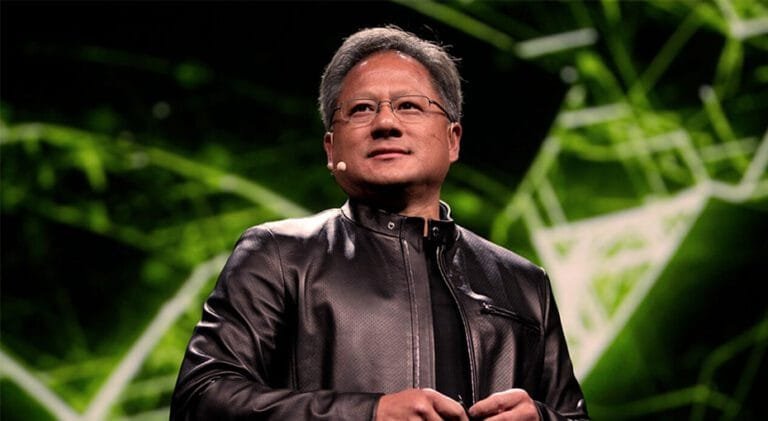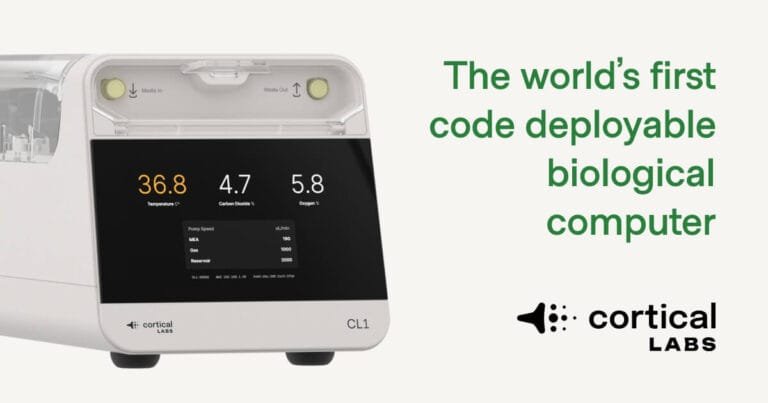The Dawn of AI Transformation
As Artificial Intelligence continues to reshape our world at an unprecedented pace, its impact extends far beyond the familiar ChatGPT. The technology’s most profound influence is currently being felt in manufacturing and industrial sectors, where companies are discovering that AI integration isn’t merely an option but a necessity for maintaining market competitiveness.
Understanding the Security Landscape
The rapid advancement of AI technology has brought data protection to the forefront of corporate concerns, particularly in research and manufacturing environments. A cautionary tale emerged when a prominent Asian technology company faced a significant security breach. Their developers, while using ChatGPT to debug program code, inadvertently exposed confidential industrial data to public servers. This incident serves as a stark reminder of the importance of mindful AI system usage and the need for robust security protocols.
Defining AI’s Role in Modern Industry
While AI demonstrates remarkable capabilities, it’s crucial to understand its limitations. The technology excels in quality control and supply chain management but shouldn’t be trusted with critical operations like aircraft control or surgical procedures. A prime example of successful AI implementation comes from the aviation industry, where AI-driven predictive maintenance systems analyze engine vibration patterns to prevent malfunctions before they occur. This sophisticated approach has now expanded to encompass entire manufacturing processes, significantly reducing operational disruptions and associated costs.
The Evolution of Work
Contrary to popular fears about job displacement, AI is catalyzing a transformation in work roles rather than eliminating them entirely. The technology is reshaping how we approach routine tasks, allowing human workers to focus on more strategic, high-value activities. This shift emphasizes the importance of process design, oversight, and AI result validation, maintaining the crucial role of skilled human workers in both physical and intellectual domains.
Professional Adaptation and Growth
Industry experts emphasize a crucial point: the real threat to job security isn’t AI itself but rather professionals who master its implementation. The future workplace will reward those who develop AI literacy while maintaining their core professional expertise. Understanding AI’s capabilities and limitations, learning to collaborate with AI systems, and maintaining professional development are becoming essential career skills.
Environmental Impact and Sustainability
AI’s influence extends beyond business efficiency to environmental sustainability. The technology is proving invaluable in optimizing energy consumption patterns and revolutionizing materials science. AI systems are facilitating the development of eco-friendly materials and supporting sustainable manufacturing processes, demonstrating that technological advancement and environmental responsibility can work hand in hand.
Looking Forward
The path forward requires organizations to thoughtfully implement AI technologies while developing comprehensive security protocols and investing in workforce development. Success in this new era doesn’t mean avoiding AI adoption but rather embracing it strategically while maintaining robust security measures and supporting employee growth.
As businesses navigate this technological transformation, the focus must remain on balanced integration – leveraging AI’s capabilities while preserving human expertise and ensuring data security. The future belongs not to those who resist change but to those who thoughtfully adapt to it, creating workplaces where human intelligence and artificial intelligence complement each other effectively.




